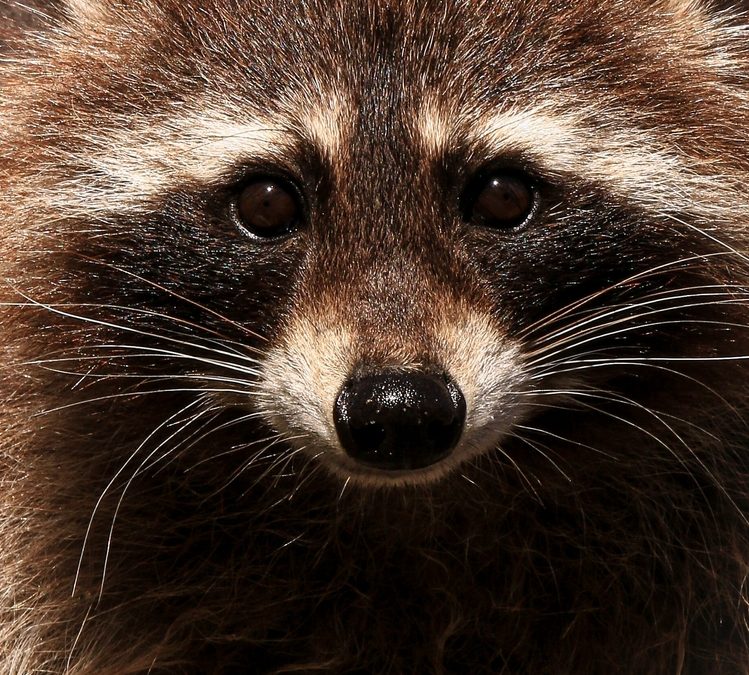Source: Fox 16
A University of Arkansas at Little Rock study suggests raccoons may be beginning the early stages of domestication. Researchers analyzed nearly 20,000 images and found that raccoons living in cities have shorter snouts than rural ones, which is a physical trait often linked to animals adapting to human environments. Lead researcher Dr. Raffaela Lesch explains that, like wolves and wildcats once drawn to human garbage, raccoons are now adapting to urban trash and human presence.
On the UA Little Rock campus, raccoons already show friendlier, more cooperative behavior, sharing food and exhibiting less aggression. These shifts hint at evolving physical and behavioral traits resembling domesticated animals, including calmer temperaments and altered facial structures. Lesch predicts that if raccoons ever become pets, they might display a mix of cat- and dog-like qualities but remain especially mischievous due to their dexterous hands and curiosity. While promising, researchers note domestication could take thousands of years to fully develop.

